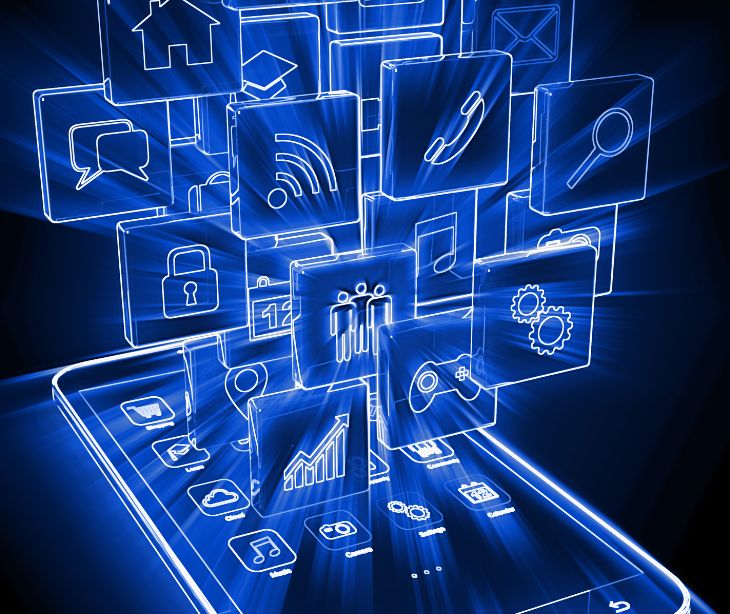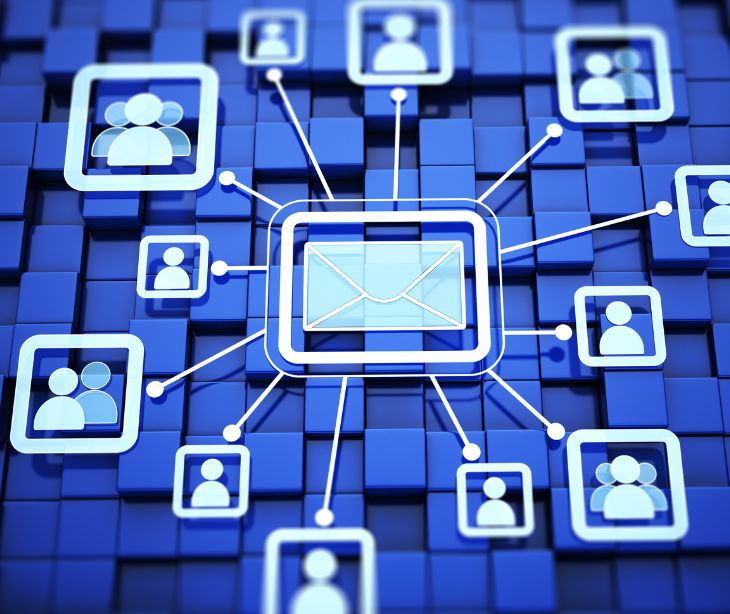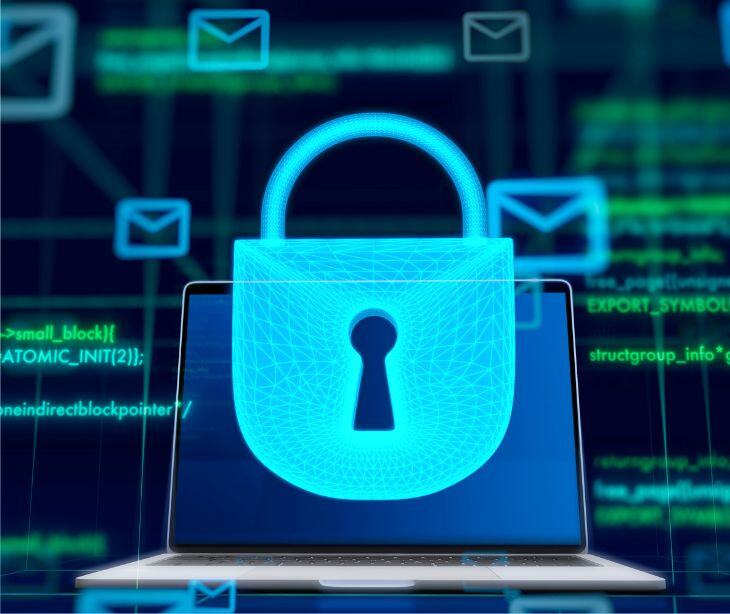
Despite its drawbacks, the benefits of email delegation in healthcare outweigh the negatives. Delegates help healthcare professionals stay organized and ensure that urgent matters are prioritized. While they handle non-clinical tasks, medical staff are free to provide better care to patients.
Understanding email delegation
Email delegation is a feature that allows a person to grant access to their email account to another trusted individual, known as a delegate. An example of this feature is With this access, the delegate can read, respond to, and organize messages, manage calendars, and even draft new emails on behalf of the account owner. To enable delegation, the account owner must specify which permissions the delegate will have.
A Sage Journals study provides the following insight into email overload and potential role of delegation in increasing email workload, “In a three-part study, the authors examined e-mailinteractions from a government organization by logging e-mails, submitting ane-mail string to close textual analysis, and analyzing focus group data about e-mailoverload. The results reveal three characteristics that contribute to e-mail overload—unstable requests, pressures to respond, and the delegation of tasks and shiftinginteractants—suggesting that e-mail talk, as social interaction, may both create andaffect overload.”
When tasks are delegated, delegates often feel pressure to respond swiftly on behalf of the person they act on behalf of. This adds to the overall volume of messages and potentially causes rushed or incomplete responses. The shifting of interactants is another matter—where tasks are delegated to multiple people over time—further complicates communication chains, as new participants must familiarize themselves with existing conversations.
See also: HIPAA compliant email best practices
The purpose of email delegation in healthcare
Allowing trusted colleagues or assistants to access their email, doctors, nurses, and administrators can ensure that messages are promptly read and addressed. Delegates can handle non-clinical tasks, such as scheduling appointments, responding to routine inquiries, and organizing referrals.
Implementing email delegation still has negative aspects, such as unstable requests, pressure to respond quickly, and shifting participants. Unclear or changing requests can lead to confusion, while the urgency to reply swiftly can overwhelm delegates.
Despite these drawbacks, the benefits of email delegation in healthcare outweigh the negatives. Delegates help healthcare professionals stay organized and make sure that urgent matters are prioritized.
They handle non-clinical tasks, freeing up time for medical staff to provide better care to patients. With the right protocols and clear communication, email delegation improves productivity, reduces burnout
See also: HIPAA Compliant Email: The Definitive Guide
How to know whether or not email delegation is the best option
There are questions organizations should ask in order to assess whether or not email delegation is the best option for them.
The questions include:
Communication needs:
- What type of emails does each healthcare role receive regularly?
- Do some messages need immediate attention that can’t always be provided by the primary recipient?
- Are there non-urgent messages that could be handled by a delegate?
Organizational structure:
- Which roles require email delegation due to high workloads or frequent unavailability?
- Are there delegates available who are knowledgeable about the organization’s workflows?
Security measures:
- What security protocols must be in place to prevent unauthorized access to delegated accounts?
- Is the email system equipped with multi-factor authentication, encryption, or other safeguards?
Capacity and training:
- Do potential delegates have the capacity to handle extra email tasks without affecting their primary responsibilities?
- Is training available to familiarize delegates with email etiquette and the primary account holder’s preferences?
Effectiveness and workflows:
- How will email delegation impact overall workflows and productivity?
- How will success be measured, and what metrics will indicate effective delegation?
How to implement email delegation
Identify delegation-appropriate roles: Determine which organizational roles would benefit from delegation. Senior physicians, department heads, and key administrative figures often receive high volumes of email that an assistant could manage more efficiently.
Analyze email traffic: Review recent email traffic to understand the volume and nature of messages. Break them into categories, such as patient queries, appointment requests, and administrative correspondence. This analysis will reveal which tasks could be delegated without compromising quality.
Select trustworthy delegates: Identify potential delegates who have the experience, confidentiality, and communication skills to manage sensitive healthcare information. They should already be familiar with healthcare workflows and patient management.
Define delegation protocols: Create clear protocols that outline which types of emails delegates will handle. For instance, assistants might handle routine appointment scheduling, while doctors retain control over confidential patient communications.
Test with limited permissions: Start with a pilot program where delegates are given access to non-critical emails, like scheduling or general inquiries. Monitor their performance and gather feedback to refine the delegation protocols.
Train delegates and stakeholders: Provide comprehensive training for delegates to handle emails according to organizational standards. Educate other stakeholders, like physicians and department heads, on how the delegation process will work.
See also: Top 12 HIPAA compliant email services
FAQs
Who typically uses email delegation?
It is commonly used by busy professionals such as executives, managers, or healthcare providers who receive high volumes of email and need help with routine tasks like scheduling and replying to non-urgent queries.
Is email delegation secure?
Security depends on the organization's email system. Secure systems use features like encryption, authentication, and access permissions to minimize security risks.
How can someone trust a delegate to manage their emails responsibly?
Choosing someone who understands the account holder's communication style, respects confidentiality, and has prior experience with similar tasks.
Subscribe to Paubox Weekly
Every Friday we bring you the most important news from Paubox. Our aim is to make you smarter, faster.




